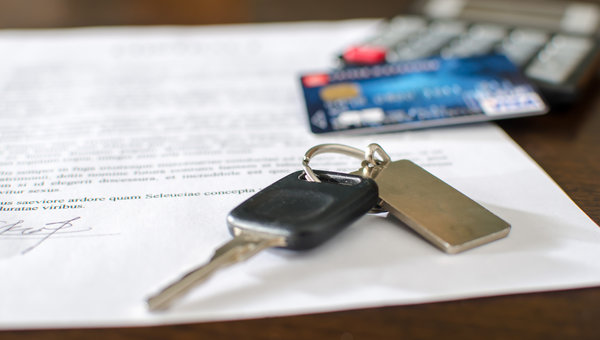How to Budget for a Used Car Beyond the Purchase Price
October 16 2024,

When considering a used car, many buyers focus solely on the sticker price. However, the true cost of ownership extends far beyond this initial figure. For drivers looking to make a smart financial decision, understanding and budgeting for additional expenses is crucial. This comprehensive approach helps avoid unexpected financial strain and ensures you're fully prepared for the responsibilities of car ownership.
Financing Costs
Financing costs play a significant role in the overall expense of a used car. In today’s world, interest rates for used vehicles typically fall between 5.99% and 9.99%, varying based on your credit score and the terms of your loan. While longer loan terms can lower your monthly payments, they often result in higher total interest paid over time. Loan terms generally range from 1 to 8 years. Making a larger down payment can effectively reduce both your loan amount and the interest you'll pay, making it a smart strategy for long-term savings.
Insurance Costs
Insurance is another critical factor to consider in your budget. Liability insurance is mandatory, providing essential protection on the road. However, comprehensive insurance is highly recommended for used cars, offering broader coverage against various risks. Your insurance premiums will be influenced by several factors. Your age, driving record, and location all play a role in determining your rates. The type of vehicle you choose also impacts insurance costs, with older, less valuable cars often being less expensive to insure. When selecting your insurance policy, consider how your deductible choice affects your premiums. A higher deductible can lower your monthly costs but may lead to higher out-of-pocket expenses if you need to file a claim.
Maintenance and Repairs
Maintenance and repairs are ongoing expenses that can significantly impact your budget, especially with used vehicles. Regular maintenance such as oil changes and tire rotations are necessary to keep your car running smoothly. However, it's also wise to prepare for unexpected repairs, which can be more common in older vehicles. Additionally, winter tires might not be mandatory but recommended, which could add the expense of seasonal tire changes and storage to your annual budget.
Additional Ongoing Costs
Several other ongoing costs should factor into your financial planning. Fuel expenses can vary widely depending on your vehicle's efficiency and your driving habits. Annual registration fees, driver's license renewals, and license plate stickers are recurring costs to anticipate. Depending on your situation, you may also need to budget for parking fees at home or work, as well as any toll roads or bridges you regularly use. Lastly, setting aside money for an emergency fund is prudent, providing a financial cushion for unexpected car-related expenses.
By thoroughly accounting for these various costs, you'll gain a clearer picture of the true expense of used car ownership. While used vehicles often offer significant savings compared to new models, a comprehensive budget ensures you remain financially stable throughout your car's lifetime. As you plan your purchase, consider exploring financing options through reputable dealerships to help manage these costs effectively and make your used car dreams a reality.



